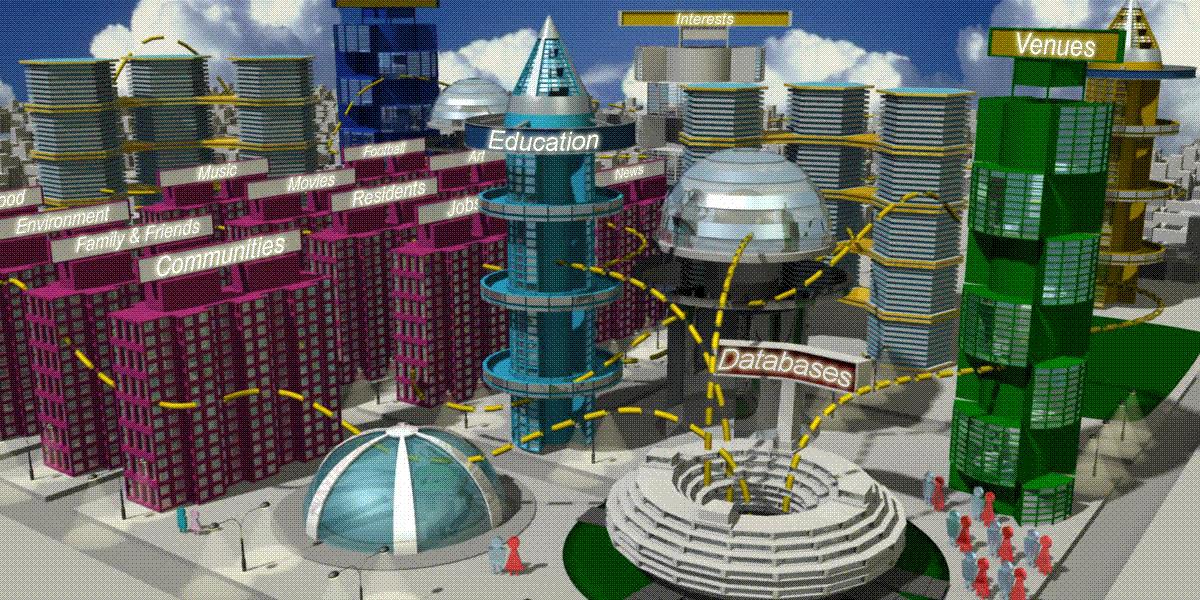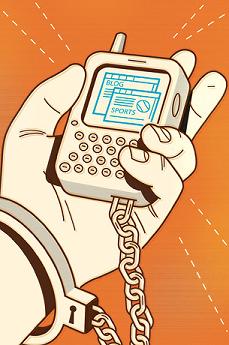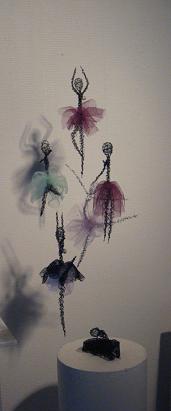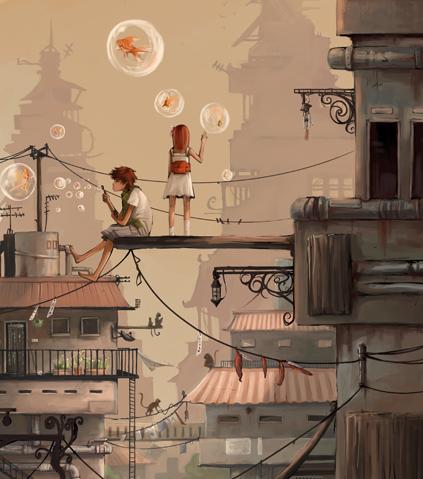|
|
 |

 |
|
 |
 |
| |
 |
 |
This shows how Databases will affect every aspect of our lives from about 10 years time onwards.
The grey 'doughnut' at the bottom can be thought of as a Message Broker that sends messages between Databases.
We have defined a
Universal Information Architecture which will support this
Vision of the Future.
In the UK, the Guardian newspaper are making the running with
Simon Rogers and his
Data Blog and their new
Open Platform.
The UK Government is also active with the
Coins Database
and open access to UK Government Data.

The Background
I have been a Database specialist for over 15 years.
The diagram on the left shows things that we might be involved in if we
live in a typical Community.
Each of these things will usually be supported by a Database, which is always
invisible and so we are never aware of it or its importance.
From time to time I read comments like :-
'... of course, Databases are very dry and boring.'.
I don't find them dry and boring (of course) and I am looking for a way to show this in a
way that anybody could understand.
I think the best way to do this is to ask creative and artistic people to come up with
a picture or image of the future in 10 or 20 years time showing how databases (and the
technology that uses them) will be everywhere, and what shape the technology could take.
Maybe these people have a well-developed right-hand side to their brains and I have only the left-hand side ?
Right now, we are familiar with a variety of portable devices and distribution media - Cell/Mobile Phones, iPods, PDAs, DVD players, and so on.
My personal prediction is that in less than 10 years everybody will have a portable device which will have free Internet access
with universal wireless acess, which they will carry everywhere - just like everybody else - giving new meaning to -
'Don't leave home without it'.
Or maybe we will have chips embedded in our brains to listen to our choice of free music from 'GoogleMusicAnywhere', with adverts that
reflect our personal interests.
Then the challenge is to create an image that shows this kind of future with some people in their daily lives.
Here's a summary of my thinking ...
A. In 2008, the current Situation offers the following facilities ...
A.1 Voice-activated PDAs ('Personal Digital Assistants')
These allow you to say things like 'Phone the Doctor' and the PDA will place the call
A.2 Touch-sensitive PDAs, eg the Apple iPhone
A.3 PDAs with Internet access, GPS, camera, with audio and video recording
A.4 Twitter and Twittervision can display our minute-by-minute movements
A.5 The Pandora Web Site will create a personalised Music Station just for you.
A.6 Yesterday I saw an ad for a package of Samsung (Cellphone manufacturer), Oyster (combined ticket for Bus, Train and Subway in London)
and Orange (Network Provider).
It won't be long before the Cell/Mobile phone has the functionality of Tickets and can be scanned by a barrier machine.
A.7 Today it was announced that Parking violations were being monitored by officials with head-mounted Video cameras.
B. In 2017, the medium-term Future might look like this ...
B.1 Wi-Fi will be available to everyone everywhere.
B.2 We will be able to say 'Make an Appointment with my Doctor', or 'Pay this Bill' and it will happen.
B.3 We will have portable around-the-clock devices.
These will be extended PDAs with will transmit GPS of our locationa and movements
B.4 Something like 'GoogleMusicEverywhere' will play music 24x7 according to how we feel.
We can say 'I feel romantic' or 'I want to party' and it will play music to suit our mood.
C. In 2027, the long-term Future might look like this ...
C.1 We will be able to visualise one of our Bills and think or say 'Pay that Bill'.
and the payment will automatically be made.
C.2 We will be able to have chips implanted in our brains to make telepathy possible to
fetch data from databases.
I think I should stop here because I don't want to give you my views - I am keen to hear your views.
We are looking for a futuristic version of the diagram at the top of the page which illustrates aspects of living in a community.
My previous work for local government in London involves a Project with a team of people who patrol the streets, checking on overall cleanliness and specifically, aspects of 'envirocrime', such as Graffiti, Ltter and Abandoned Vehicles.
They use PDAs to send details of specific observations to a central Database and are then displayed on a Map of the area, and
Hot spots are identified.
You can download a
Zipped version (240k) or a
Microsoft Word version(290k) of an earlier description of this Grand Award.
I have updated this page more recently than the downloads.
A more technical Database-oriented version is shown on our Home Page.
Right now, we take for granted the Databases and Technology that are all around us.
For example, a Playlist on an iPod is a Database and the iPod is always with us.
Books at Amazon, eBay Bids and Menus at Starbucks are other examples of Databases that we use in our daily lives, usually without giving it a second thought.
It's interesting to consider the future evolution of Microblogging Sites, like Jaiku, Moodgeist, Mozes, Radar.net, Tumblr and Twitter.
An entertaining variation is TwitterVision which display in realtime where people are around the world and what they are doing.
And what about Social Networking web sites, like MySpace and YouTube ?
Wired magazine reports that a well-respected scientist called Gordon Bell is involved in a 'Lifestyle' experiment called MyLifeBits on behalf of Microsoft.
This involves recording everything he does and says throughout the day as a permanent Life History.
This is a 'Database for Everything Personal'.
Although the project is still in the preliminary stages, Bell envisions MyLifeBits evolving into a database that would form part of the MS operating system.
The program would have both a practical and personal side: users could employ the system to record every bit of data relating to a business venture, for example, or to document every stage of their child's development.
"I like to think of it as an accurate surrogate brain," Bell said.
Someday in the future, a compulsive recorder could call up a single day in her life and get an hour-by-hour breakdown of what she did, said and saw.
This page on my Web Site lists over 450 Databases and gives an indication of the range of current applications of Databases.
The winning design will bring to life a combination of Technology for fun and entertainment.
We'd also like to see the aspects of express evolution explored.
In other words, how quickly will things change and will some changes generate more changes more quickly and so on ?
The key question is 'How will Technology and Databases affect daily life for the young people in this diagram in 10 to 20 years time ?'
Some examples are shown in the ../images below (but don't let your thinking be in any way restricted by them).

The image on the left is from an interesting article in Time Magazine on
'Data Addiction and the Hyperconnected'.
The article discusses the impact of Blackberries and the new Apple iPhones as examples of Personal Digital Assistants,(PDAs).
It defines the new term of 'Data Addiction' as 'the ceaseless craving for digital stimulation that contemporary technology is creating in us'.
It mentions a Web Site called Twitter which lets you broadcast, (on phone, IM or Internet), minute-by-minute
details of where you are and what you are doing.
Invitations are being sent to the Colleges and Universities listed in the table below, some of which are identified by ImageineFX Magazine as the Top Ten in the world.
If you'd like to enter, please
email Barry Williams.
Invitations to participate have been sent to the Institutions and Individuals who are listed on
a separate page.
|
|
 |
|
 |
 |
| |
 |
 |
 |

 |

|
 |
| |
| Nr. |
SCHOOL NAME |
LOCATION |
COMMENTS |
 1 1 |
 ConceptArt Atelier
ConceptArt Atelier |
 San Francisco San Francisco |
 Focusses solely on training for concept art work.
Contact : by email Focusses solely on training for concept art work.
Contact : by email
|
 2 2 |

Ringling School of Art and Design |
 Sarasota, Florida Sarasota, Florida |
 This Not-for-Profit School is one of America's finest arts institutions. Contact M.Craig This Not-for-Profit School is one of America's finest arts institutions. Contact M.Craig
|
 3 3 |
 Lisaa College of Applied Arts
Lisaa College of Applied Arts |
 Paris, France Paris, France |
 Accredited by the French Ministry of Culture. Accredited by the French Ministry of Culture.
|
 4 4 |
 The Arts Institute
The Arts Institute |
 Bournemouth, England Bournemouth, England |
 Established in 1883 - Contact : Suzie Edwards, Press and PR Officer Established in 1883 - Contact : Suzie Edwards, Press and PR Officer |
 5 5 |
 Truemax Academy
Truemax Academy |
 Copenhagen, Denmark Copenhagen, Denmark |
 Focusses on 3D CG - Phone : 00-45-70-27-77-87 Focusses on 3D CG - Phone : 00-45-70-27-77-87
|
 6 6 |
 Art Center College of Design
Art Center College of Design |
 Pasadena, California Pasadena, California |
 Renowned for preparing students for the realities of working in the commercial arts fields - Contact Email : [email protected]. Renowned for preparing students for the realities of working in the commercial arts fields - Contact Email : [email protected].
Phone 00-1-626.396.2200 and try emailing [email protected] to ask why email keeps bouncing. |
 7 7 |
 School of Visual Arts
School of Visual Arts |
 New York New York |
 Orignally known as the Cartoonists and Illustrators School. Orignally known as the Cartoonists and Illustrators School.
|
 8 8 |
 Rhode Island School of Design
Rhode Island School of Design |
 Providence, Rhode Island Providence, Rhode Island |
 Founded in 1877 Founded in 1877 |
 9 9 |
 Academy of Art University
Academy of Art University |
 San Francisco San Francisco |
 The largest private school of art and design in the USA. The largest private school of art and design in the USA. |
 10 10 |

School of Art, Media and Design |
 Bristol, England Bristol, England |
 Phone number : 0117 32 84716. The curriculum is focussed on concept art skills
Phone number : 0117 32 84716. The curriculum is focussed on concept art skills |
 Additional Invitations were sent to the following Academic Institutions ...
Additional Invitations were sent to the following Academic Institutions ... |
 11 11 |

Middlesex University |
 London, England London, England |
 Email Helen Bendon and Stephen Boyd-Davis sent 12th.April Email Helen Bendon and Stephen Boyd-Davis sent 12th.April |
 12 12 |

National Film and TV School |
 Beaconsfield, England Beaconsfield, England |
 Email sent 9th.April Email sent 9th.April |
 13 13 |

Royal Holloway, University of London |
 Egham, Surrey Egham, Surrey |
 Email sent 12th.April Email sent 12th.April |
 14 14 |

SAE Institute |
 London and Global London and Global |
 Email sent 9th.April Email sent 9th.April |
 15 15 |

Thames Valley University |
 Ealing,London, England Ealing,London, England |
 Email sent 12th.April Email sent 12th.April |
 16 16 |

Truro College |
 Truro, Cornwall, England Truro, Cornwall, England |
 Email Fran Mullins sent 9th.April Email Fran Mullins sent 9th.April |
 17 17 |

University College, Falmouth |
 Falmouth, Cornwall, England Falmouth, Cornwall, England |
 Email sent 9th.April Email sent 9th.April |
 18 18 |

University of the Creative Arts |
 Epsom, England Epsom, England |
 Emails to Ben Stopher
and and Laurie Yule
sent 9th.April
Emails to Ben Stopher
and and Laurie Yule
sent 9th.April |
 19 19 |

Yale University |
 New Haven,Connecticut New Haven,Connecticut |
 Emailed Laraine Sammler at the
Digital Media Center for the Arts - sent 12th.April
Emailed Laraine Sammler at the
Digital Media Center for the Arts - sent 12th.April |
 20 20 |
 Memod
Memod |
 On Imagine FX Site On Imagine FX Site |
 Beautiful landscapes Beautiful landscapes |
 |
|
 |
|
|
| |
| |
|
Here are some examples, (and here's some more) ...

 --->
--->
|


 --->
--->